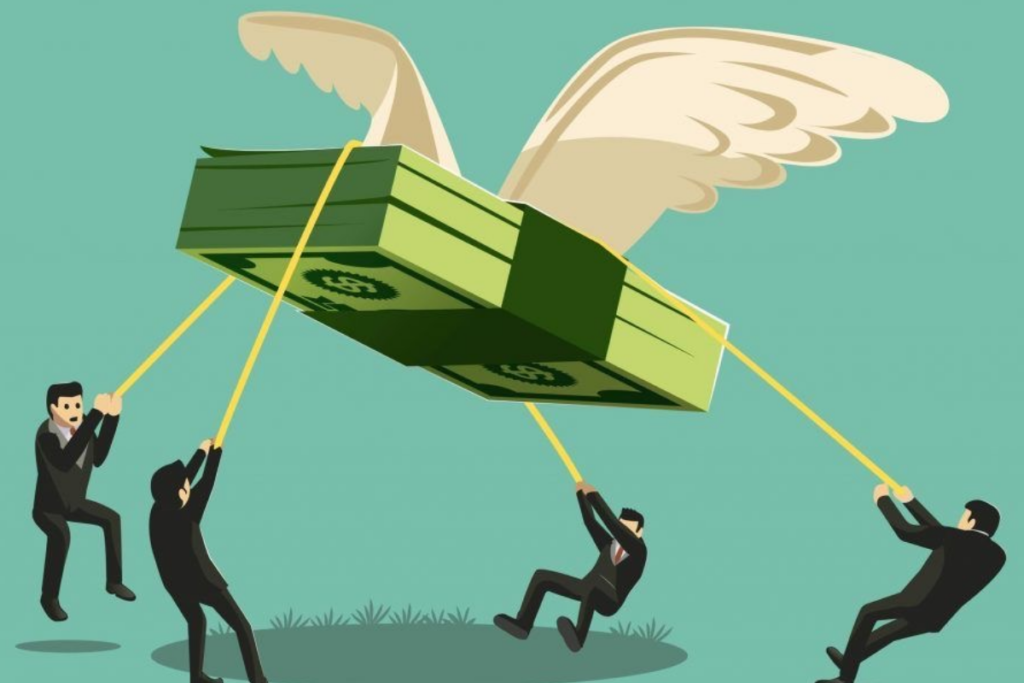Recent findings from a study conducted by TransUnion reveal a notable trend among Americans. It has been noticed that there has been a widespread reduction in spending across various age groups. This reduction occurred from April to June. This finding goes against the norm. Rationally, when inflation is declining, there might be an increase in the amount of money that will be spent in an economy. However, the opposite is happening in the U.S. Despite a slight decrease in inflation rates, concerns over the escalating cost of living continue to grip the nation’s consumers.
The After Effects of Inflation
In April 2024, inflation in the United States was at 3.4 percent. In May, it dipped to a 3.3 percent annual rate. This shows a modest decline. According to rational economic rules, this decline is supposed to make consumers spend more.
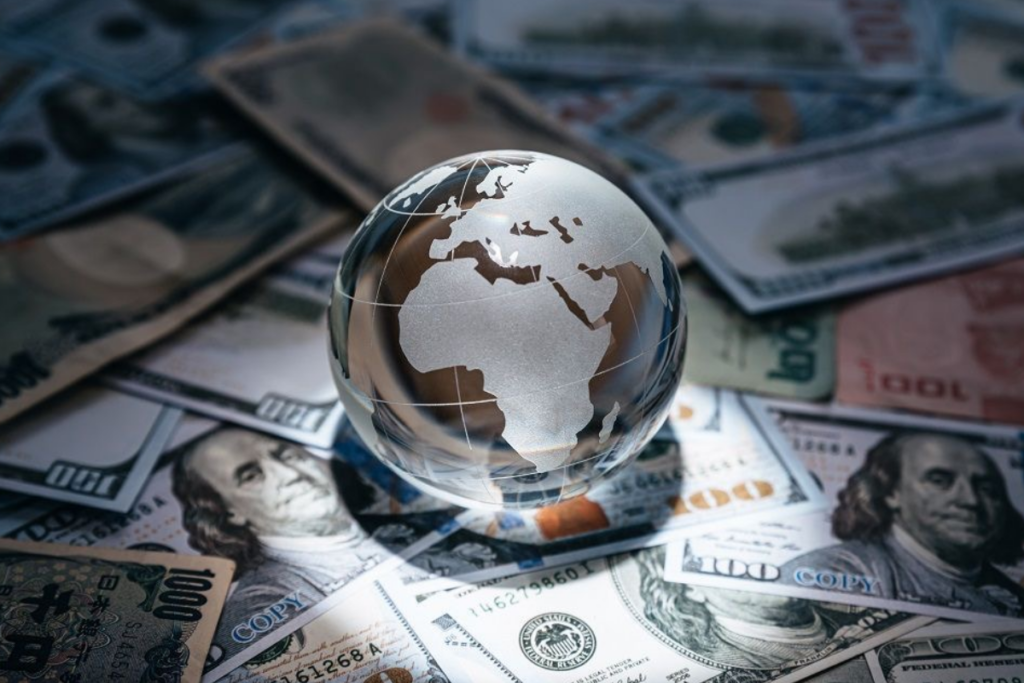
However, there is an exception to every rule, and it is evident in this case. People are cutting back on their spending. The impact of earlier price hikes appears deeply ingrained in the public consciousness. According to TransUnion’s latest quarterly survey, 63 percent of respondents expressed considerable apprehension regarding the current inflation rate.
Fear of the Rising Cost of Living
The survey results show that many people are still worried. Half of the people surveyed showed significant concern. Their foremost worry remains the rising cost of living, which is a sentiment shared by a staggering 84 percent of those surveyed. These people ranked the increasing cost of living within their top three concerns.

The survey was designed to gauge the shifts in consumer attitudes and behaviors. It showed that 39 percent of the respondents reported that they reduced their discretionary spending over the past three months. This reduction means these people are reducing the money they spend on fun activities. Expenditures on leisure activities such as travel, dining out, and entertainment have been greatly reduced.
Specific Concerns
The number of those who are particularly concerned about inflation increased greatly. The percentage of these people rose sharply to 58 percent.
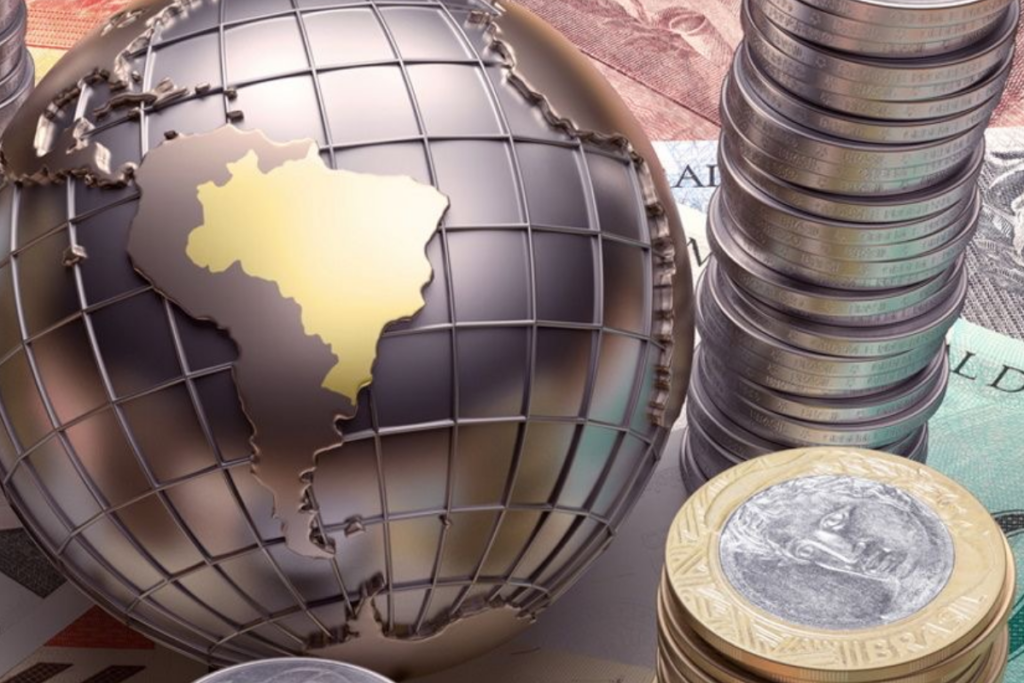
Many consumers have anxiety over specific cost increases. 66 percent of respondents are greatly concerned about the rising gasoline prices. Their fears are understandable. Despite the emergence of electric cars, many people still use gasoline in their vehicles. An increase in the cost of gas for these people is definitely something to be worried about.
Reasons for Americans’ New Spending Habits
There are people whose primary concern is the increasing gasoline prices and others. Forty percent of the respondents are concerned about the rising expense of takeout and meal delivery services. Inflation will increase the cost of food, and not just food alone but also the services that go into delivering meals will be affected.
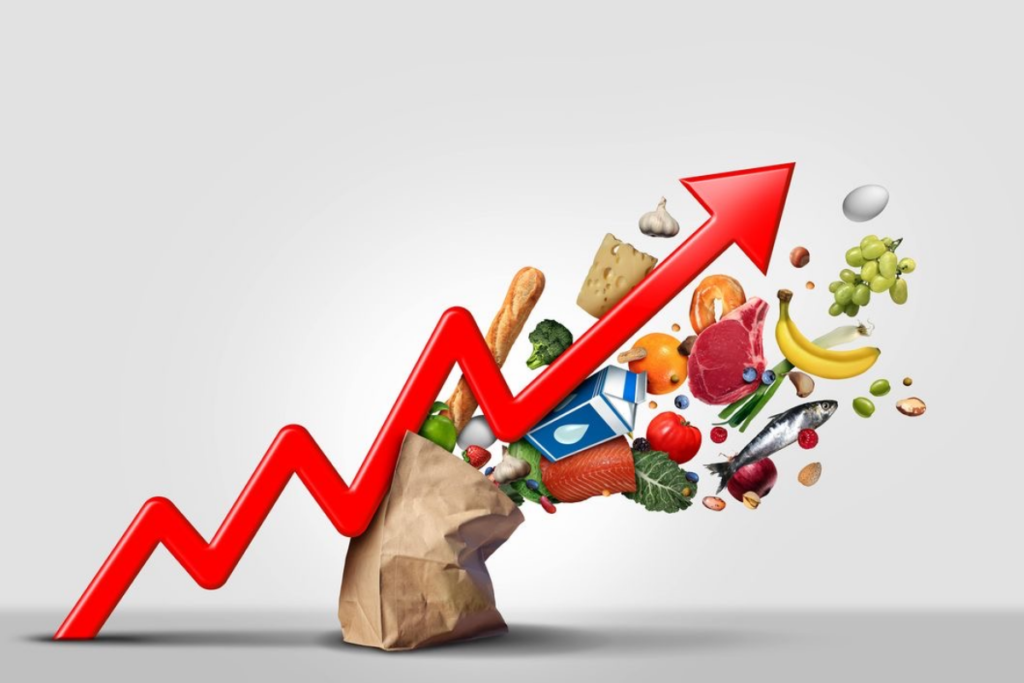
Moreover, 84 percent of the respondents expressed unease about potential spikes in grocery costs. Inflation will lead to an increase in the price of production of goods, which will definitely affect each grocery product.
Surveying Americans: Comparisons and Other Findings
In comparison, these figures have increased significantly from TransUnion’s 2024 first-quarter survey. The initial survey shows that the points for gasoline increased by 11 percent. The takeout and meal delivery points increased by 7 percent, and groceries increased by 4 points.
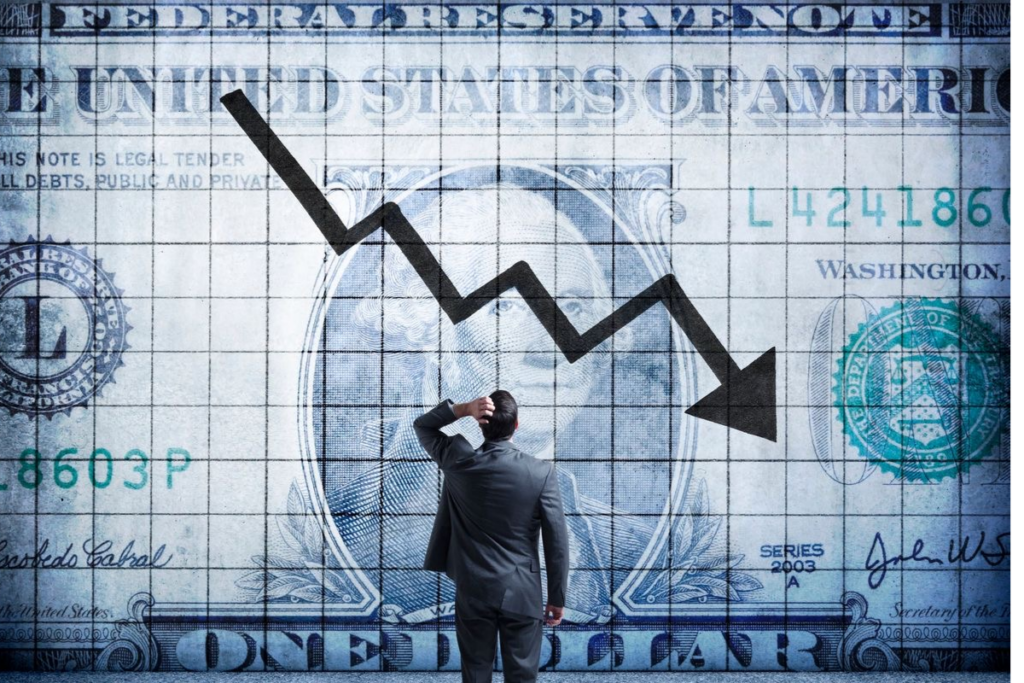
Even though the U.S. economy fared well after the COVID-19 pandemic compared to other Western countries, the TransUnion findings align with broader sentiments reflected in recent polls. The findings show a prevailing belief among Americans. Americans believe that the country’s economic trajectory is off course.
An Economic Observation
“While prices are moderating, the memory of recent increases remains vivid among consumers.” John Van Reenen observed this. Van Reenen is the Ronald Coase Chair in Economics and School Professor at the London School of Economics. He is also a Digital Fellow at MIT’s Initiative on the Digital Economy.
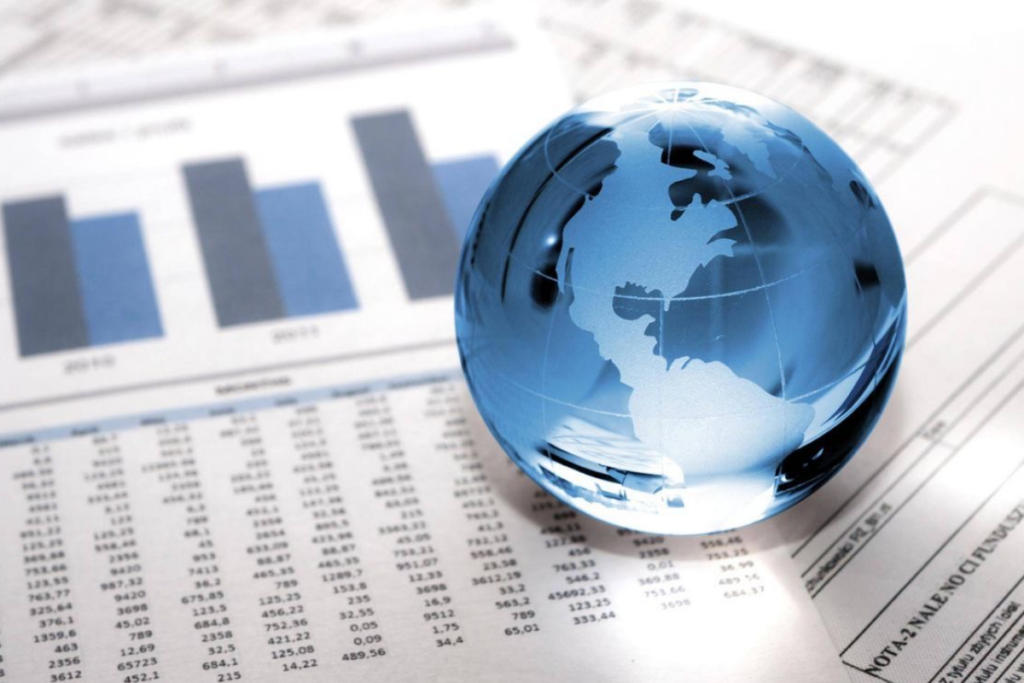
Van Reenen suggested that these economic concerns are not unique to the U.S. He noted a global sentiment of discontent toward governments struggling with inflationary pressures. “Governments all over the world are being punished for that bad experience during the pandemic, and I think that’s part of what’s happening in the U.S.” “It’s ironic,” he remarked, “given the U.S.’s strong economic performance compared to other advanced economies.”
American Economy: Facing Financial Hardship
Although the labor market in America helped stabilize the economy, a significant portion of Americans face financial strain. Almost half (48 percent) of TransUnion survey respondents indicated this hardship. They said their household incomes had failed to keep up with the inflation over the previous three months.

Notably, older generations felt the hardship more. Fifty-six percent of Gen Xers and 53 percent of baby boomers reported income stagnation. Meanwhile, 37 percent of Gen Z individuals and 40 percent of millennials said they felt the hardship.
Americans’ Plan to Continue Reducing Consumer Spending
When the citizens of a country reduce their spending, it could have an economic effect. There would be a reduction in the circulation of money in the economy, which has consequences.
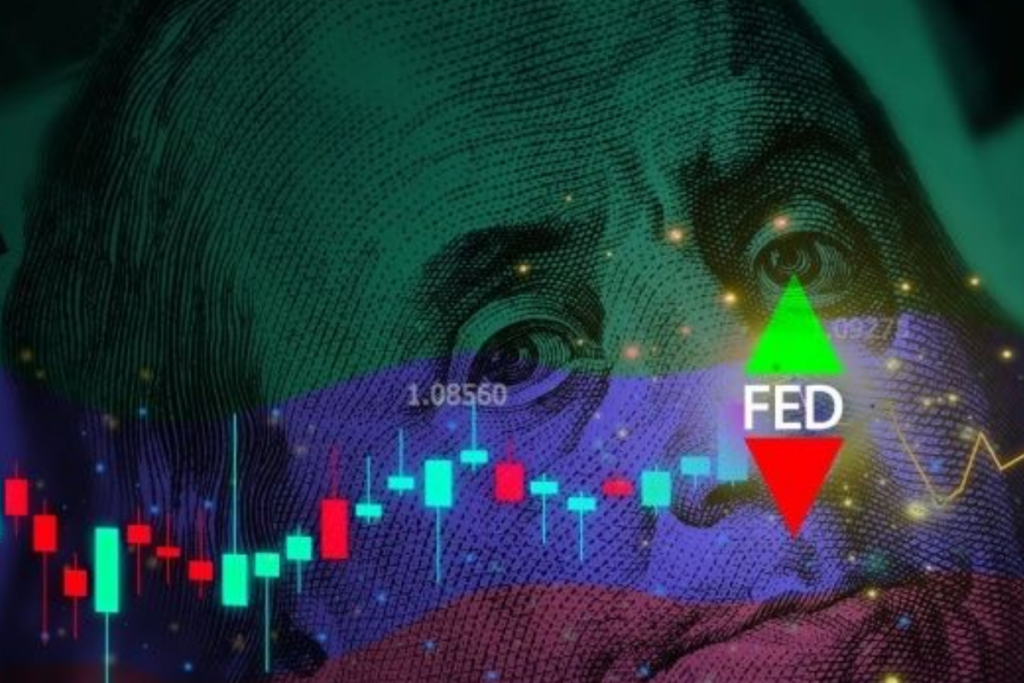
The effect of reduced consumer spending could affect the U.S. economy. It can potentially cause an economic slowdown in the country. Notably, 48 percent of those concerned about inflation informed TransUnion of their plans. They said they planned to continuously reduce spending in the coming months, compared to 31 percent among all respondents.
Americans Experience Uncertain Economic Period
Based on specific measurements, the economy in the United States appears strong. However, what the people are facing and how they feel about the economy tells a different story.
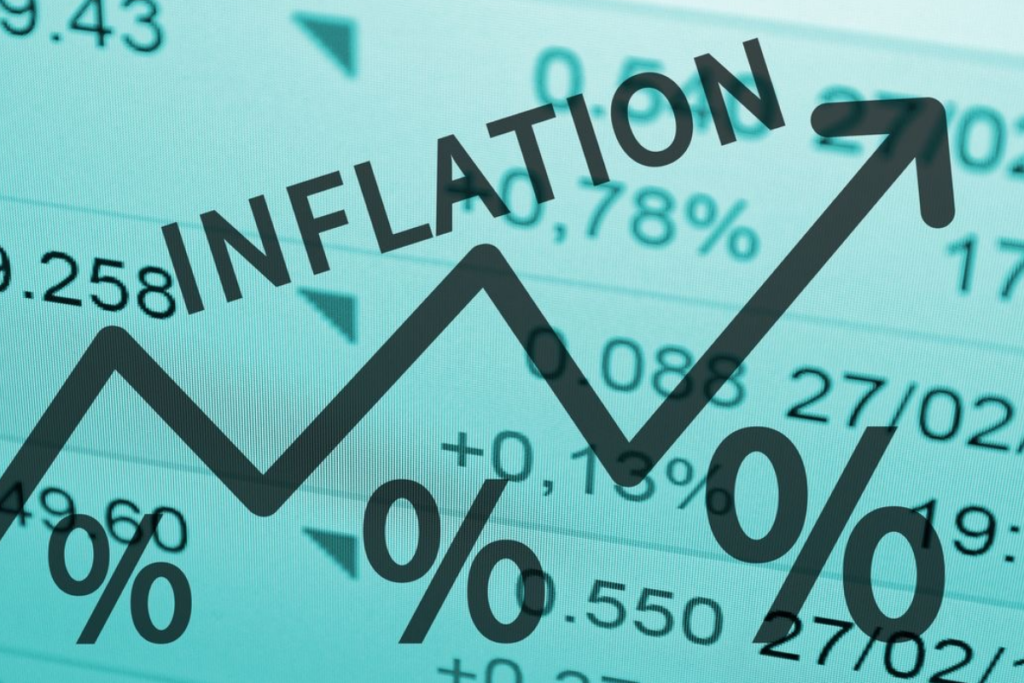
As Americans experience uncertain economic periods, many are making financial moves. They are cautious and cutting back on spending because prices have been high, even when inflation is evidently declining. This careful spending by Americans will significantly impact the country’s economy in the near future.

